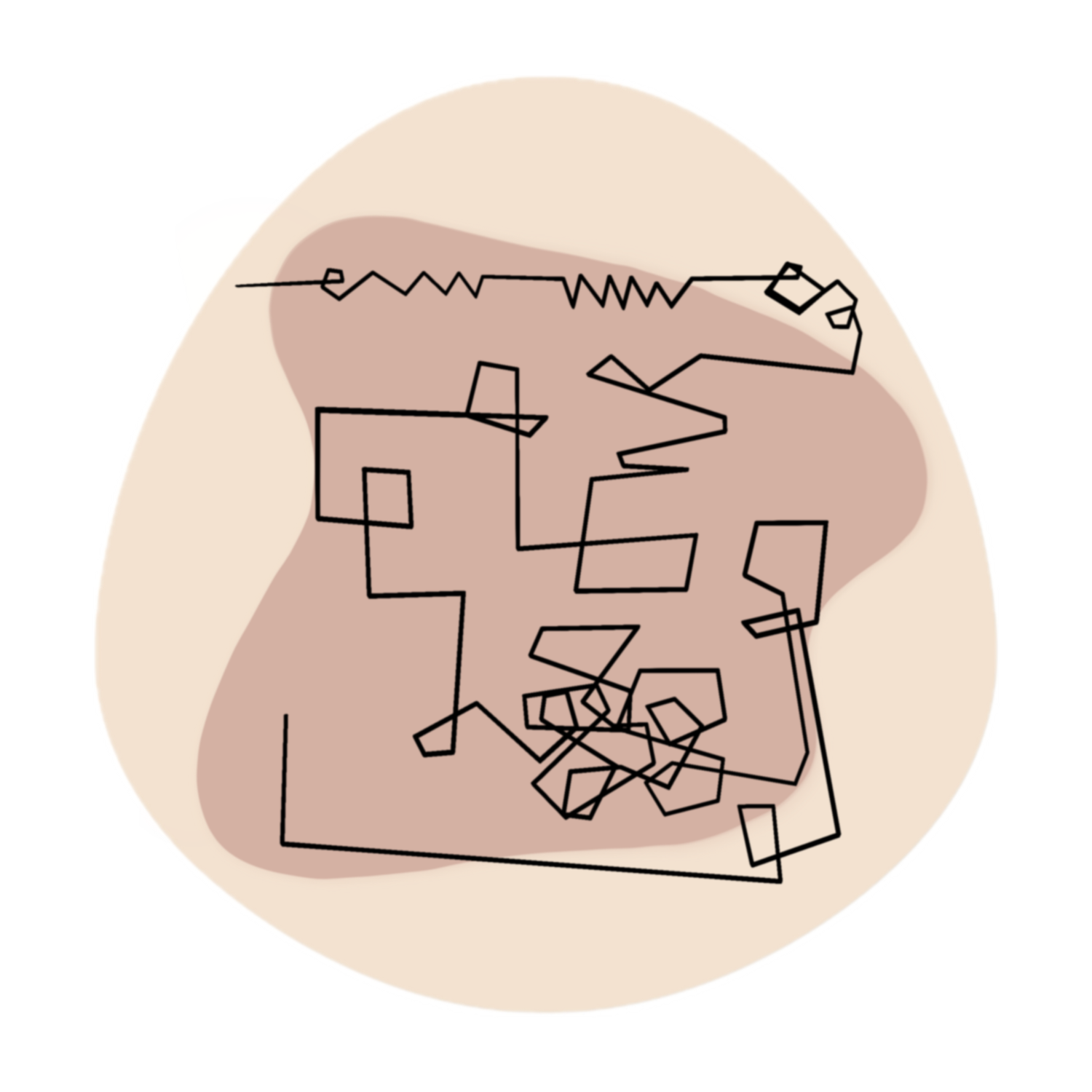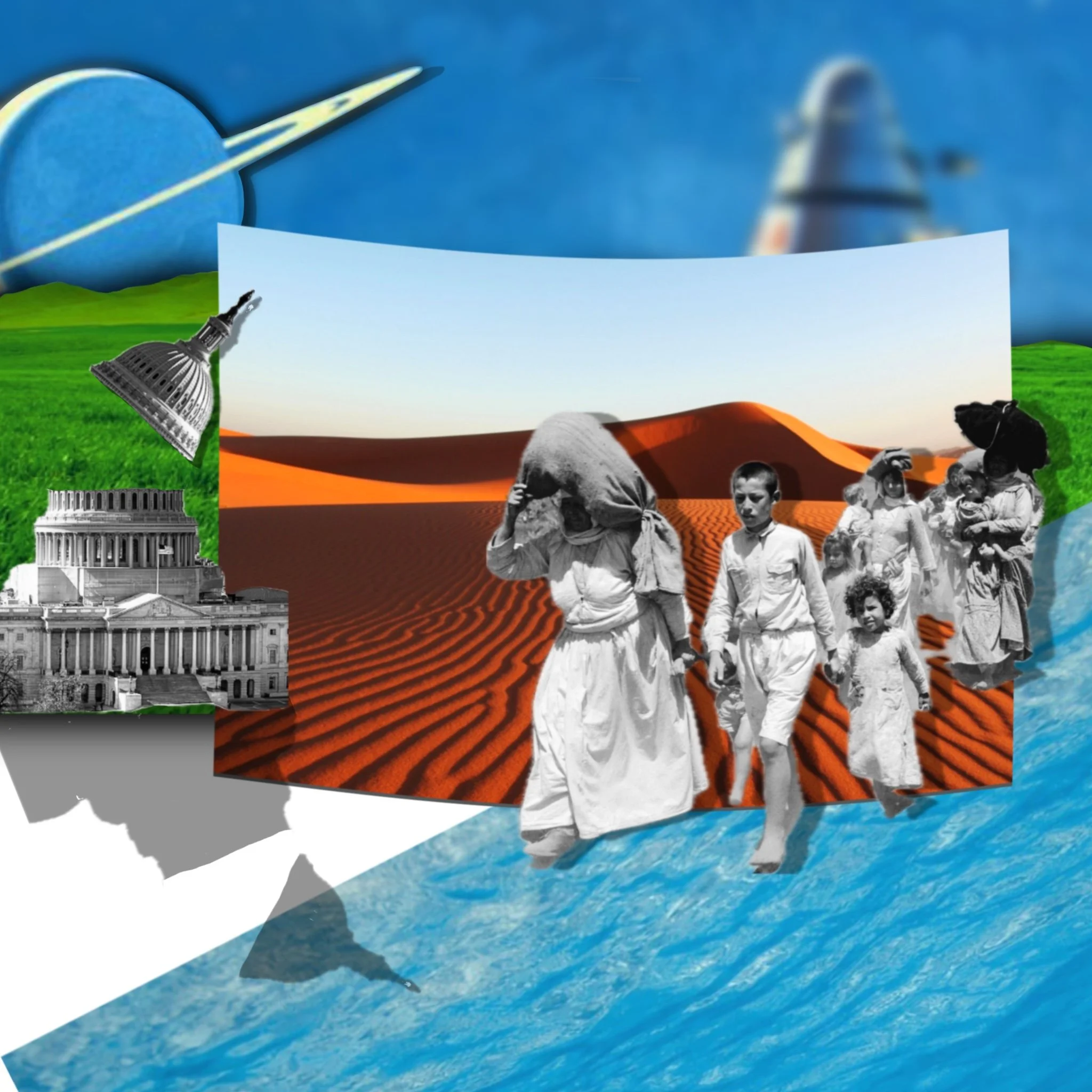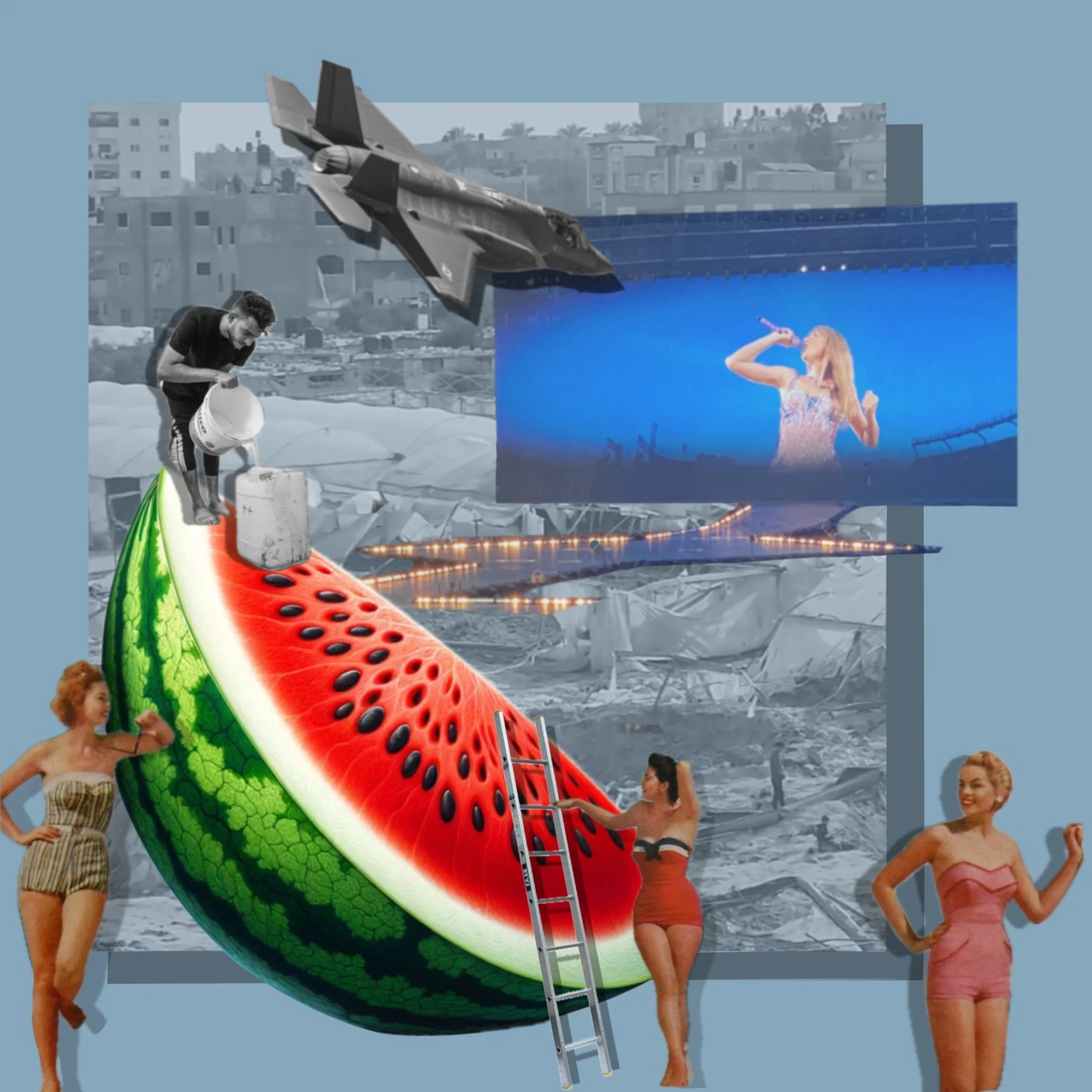Putting things together that maybe shouldn’t be…. but there are no rules in the catch-all.
Links to accompanying songs
There isn’t much I want to say about these three pieces, I would like them to speak primarily for themselves. What I will say is that as an citizen of the United States living outside of the US, it has become increasing obvious the far reach that ‘American pop-culture’ has had on the European Union and the United Kingdom. Being that I hadn’t previously traveled to any significant degree outside of the states prior to my PhD, I didn’t realize how the world views [North] Americans. I have come to see that we are not understood for the nuanced diversity that we carrier within our borders, rather we are whitewashed into a homogenous entity of western celebrity and commercialism. But this isn’t the fault of non-Americans, rather, this is evidence of a significant issue that the US has constructed and then fed to the masses. Thinking with Guy Debord’s The Society of the Spectacle, and as someone extremely concerned with the ease of which Americans look away from the suffering of the Palestinians during history’s first live broadcast genocide, I can only attribute the apathy to the disconnection between what is real and what is merely a representation of real.
As Debord explains, our entanglement with media has led to our disconnect from reality and where we once related socially to people, we now relate socially to people through images or representations of people, this removes the affective nature of human interaction. That is to say, that we don’t feel people the same way. If we do feel them, it is as one thing/type rather than the multiplicity that they real(ly) are. We have become in some sense numb to the absurdity and cruelty of our world. In a society of consumerism and celebrity, life is not about living, it is about having, or eventually, just appearing to have (Debord, 1994). The spectacle of celebrity and lifestyle has created an ahistorical never-ending now, which incentivizes instant gratification and comfort. Debord advocated for the use of detournement “which involves using spectacular images and language to disrupt the flow of the spectacle”. This simply means to reroute or hijack the spectacle, but has since evolved into a method by which we use a representation “against itself” (Holt, 2010, p. 252). That was the intention of these pieces, to take the subject out of context and place them against an unpredictable/nonrepresentational background in order to break the monotony of conditioned thought. These pieces were posted on Instagram as three separate media posts with commercial songs (specified under each picture) to highlight the juxtaposition of the real with the representation of real. Links to these accompanying songs can be found just above this writing.
References
Debord (1988). Comments on the Society of the Spectacle.
Holt D., B. (2010). Cultural Strategy Using Innovative Ideologies to Build Breakthrough Brands. Oxford University Press.












